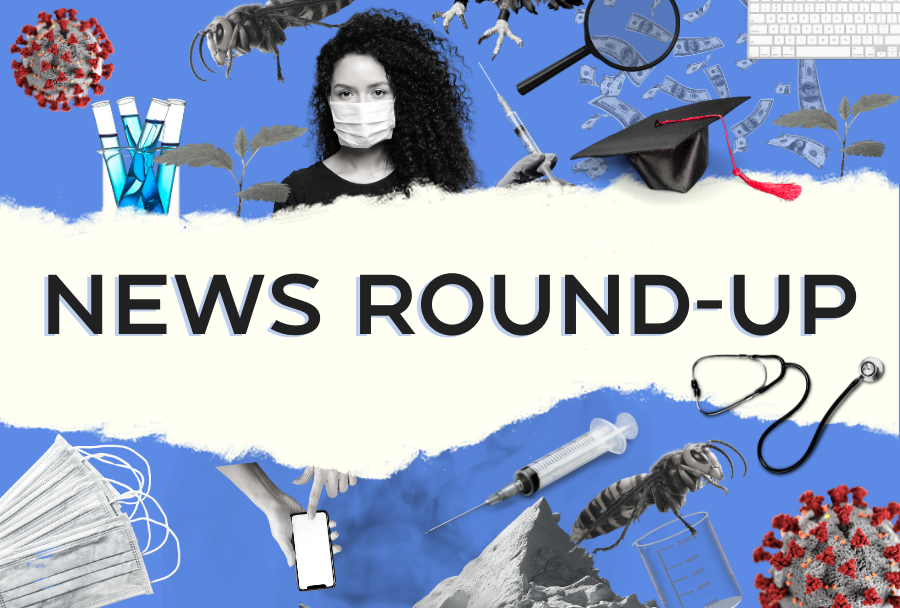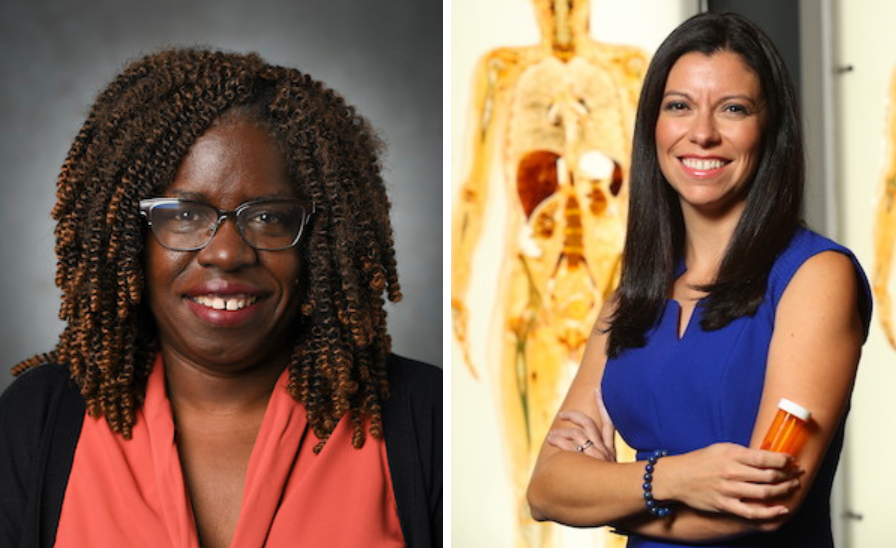News round-up: Mental health, pandemic racism, & diversity & mentorship outreach
In case you missed it: Here’s a round-up of some of the stories that made headlines this week.

In case you missed it: Here’s a round-up of some of the stories that made headlines this week.

In case you missed it: Here’s a round-up of some of the stories that made headlines this week.
“Very rural” parts of the U.S. have fewer mental health services for young people, even though those are the communities that need them the most, according to a recent survey published in JAMA Network Open.
The findings are important, given past research demonstrates the suicide rate among young people in rural parts of the U.S. is on the rise, the study’s authors say.
According to the paper, using ZIP codes:
When measured by county, 63.7 per cent of all U.S. counties had at least one mental health facility for young people, but only 29.8 per cent of “highly rural” counties did.

The Million Women Mentors (MWM) Trailblazer award was recently awarded to two members of the Penn State community. Tonya Peeples, associate dean for equity and inclusion and professor of chemical engineering at Penn State’s College of Engineering, alongside Penn State chemical engineering and Schreyer Scholar alumna Paula Garcia Todd were the recipients, Penn State announced Thursday.
The MWM is presented by STEMConnector, a professional services organization aimed at developing a diverse STEM workforce.
“Dr. Peeples has been at the forefront of equity, inclusion, and diversity her entire career, while Mrs. Garcia Todd has supported and mentored the next generation of engineers for the last several years,” Justin Schwartz, Harold and Inge Marcus Dean of Engineering said in a statement. “We are so proud to have these women as part of the College of Engineering community.”
Dr. Peeples became Penn State’s first associate dean for equity and inclusion in 2018.
“She has specifically worked to advance the college’s Equity Action Plan with a particular focus on recruitment, mentoring, retention, and advancement of underrepresented students and faculty,” reads a statement on the Penn State website.
“Peeples has also worked to transform the college’s scholarship awarding processes and led in the creation of the Impact Scholars Program and the Clark Scholars Program.”
Garcia Todd was honoured for her decade of work mentoring Penn State students.
She is currently the global strategic marketing manager at DuPont Nutrition and Bioscience, where she has continued her mentorship outreach, working with new employees and connecting with STEM teachers in her community.
“Within my community, I have found an unexpected mentoring experience in helping STEM teachers in my area better educate the next generation on the importance of STEM — and kids are always surprised to see a female engineer visit their classes,” Garcia Todd said in a statement.
“I believe in the value of mentorship, and I am very honored to feel recognized for the time that I spend with students.”
Reports of racial discrimination against Asians and Asian-Americans have risen since the start of the pandemic, and many say they have experienced negative health outcomes because of it, according to new research out of Washington State University (WSU).
Assistant professor of WSU’s Department of Human Development Sara Waters and Suyeon Lee, a Ph.D. candidate in WSU’s Prevention Science program, surveyed over 400 people about experiences with racism.
Almost 30 per cent of the respondents reported experiencing more discrimination since January 2020, and 40 per cent reported an increase in negative health impacts.
“We expected that people who experience racism would report more health issues,” Waters said in a statement.
“But we were surprised by just how much that increased.”
The survey contained questions about four negative mental and physical health outcomes, including anxiety, depressive and physical symptoms, and sleep difficulties. Respondents also provided examples of the discrimination they faced, with responses ranging in severity from microaggressions, to nasty looks, to physical altercations.
The paper is published in the journal Stigma and Health.

Support We Rep STEM and help us create more rad content. That includes recruiting and compensating site contributors, because we believe everyone should be paid for their work.
